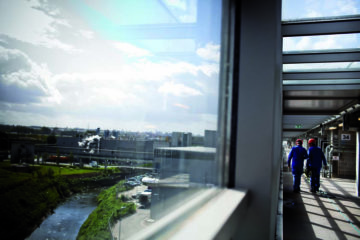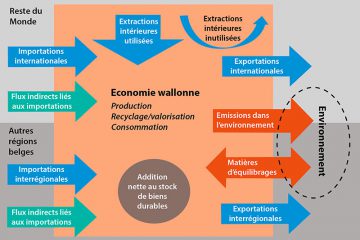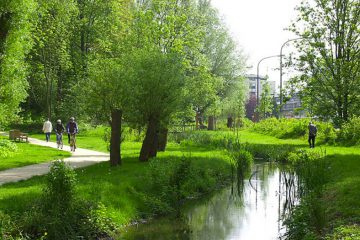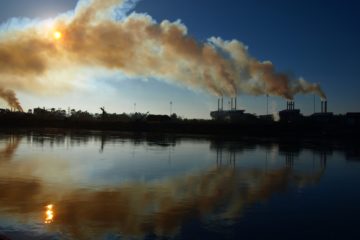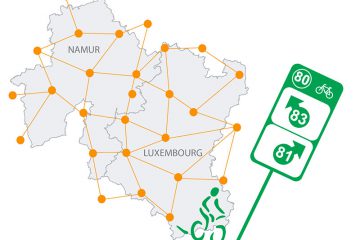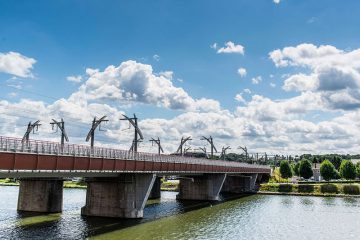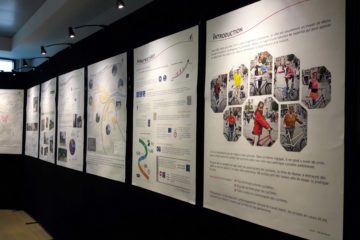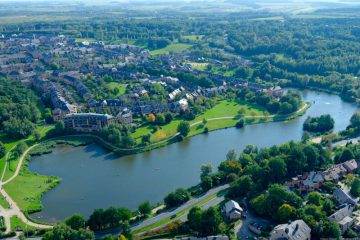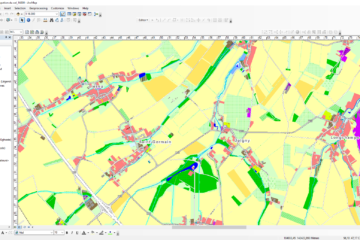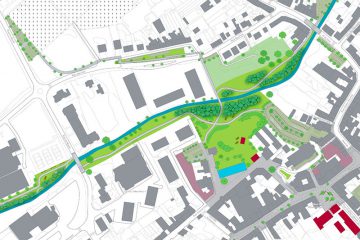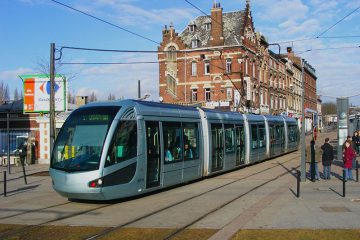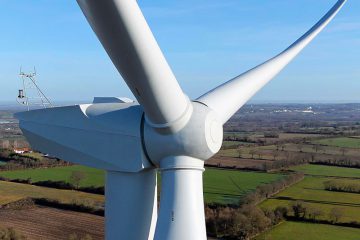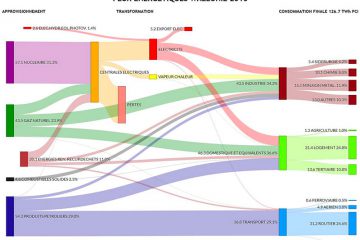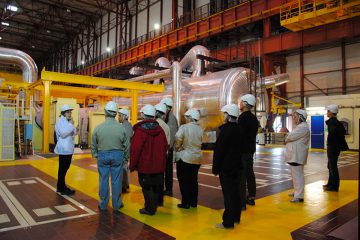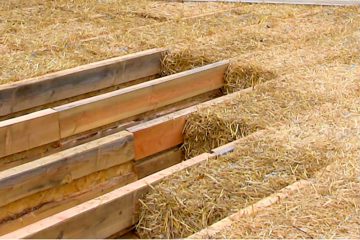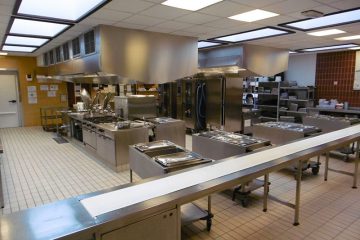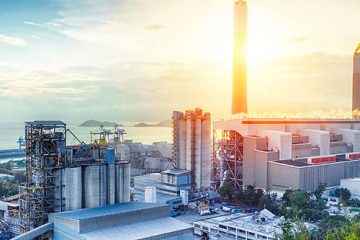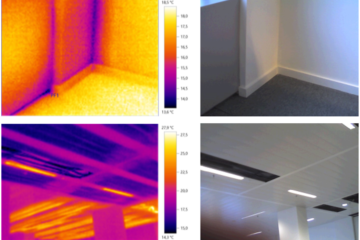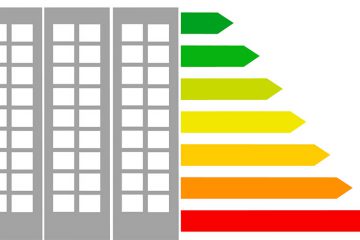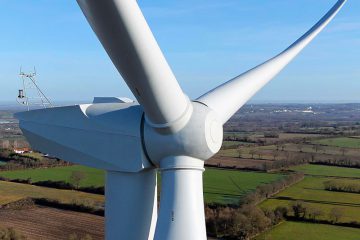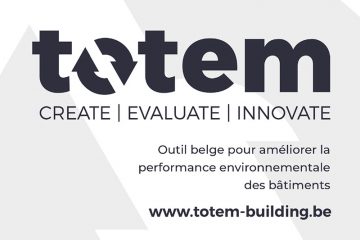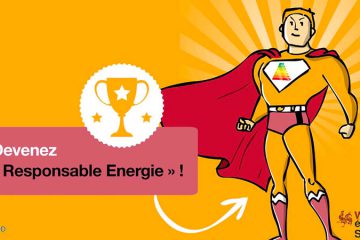Natural resources and
waste
Mobility and
land-use planning
Climate and
energy transition
Sustainable buildings and
industries
Natural resources and waste
Our western society is using ever-increasing quantities of natural resources, and this is associated with large waste flows.
In most experts’ opinion, this situation is unsustainable in the long term. If we are to develop sustainably, it will be necessary for us to make deep changes in our methods of production and consumption. It will be a matter of protecting and developing natural resources that come from living organisms on the one hand and intelligently managing mineral materials on the other, while also limiting emissions of pollutants and making the best possible use of all the by-products of our activities.
The circular economy and changes in the business model are part and parcel of the avenues to be explored to limit the human impact on our environment.
Mobility and land-use planning
Humanity is exerting increasing pressure on its environment and land has become a rare resource that must be used sparingly. It is at the centre of frequent conflicts between human needs and the place necessary for biodiversity.
The skyrocketing need for transport is, at least in part, a result of our consumption of land. It in turn generates needs for infrastructure projects that encroach ever further on natural zones.
To be sustainable, our development model will have to reign back its appetite for land and reinvent its way of responding to the demand for mobility in a way which is scaled to fit a neighbourhood, a municipality or a region.
Climate and energy transition
The central responsibility of energy in climate change requires a true revolution in our methods of production and consumption.
By 2050, our whole energy system will have to be a very low-carbon one. This transition will be accompanied by major socio-technical changes and will require considerable economic resources. It will also require a transformation of how we think about energy and its place in our society.
To take place harmoniously, the energy transition will require the implementation of new policies that are both innovative and inclusive.
Sustainable buildings and industries
The Paris Agreement reminded us of the urgency of changing the climate path currently being followed by our societies. Here, limiting the increase in global temperatures to 1.5 °C will be an immense challenge.
For our western societies, that will mean accelerating the process of limiting our greenhouse gas emissions by 2030 and a nearly total decarbonisation of all our activities as from 2050. In these conditions, industries and buildings will have to evolve drastically.
Our experience leads us to believe that they will be ever more high-performance, connected, productive and innovative.
Our references in this theme
Analysis of sources of waste generated by the hospitality sector (HoReCa) and collection methods

Reporting and analysis of the results of the public enquiry organised in the context of adopting the Walloon Waste Resource Plan

Socio-economic study on the appropriateness of a financial package to guarantee the funding of dredging and sediment management work in the Walloon Region
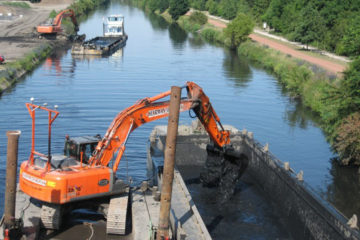
Transition towards sustainable chemistry: stakeholder dynamics and prospects for green chemistry in Belgium

Our references in this theme
Feasibility study for developing the Astrid access to the ring road on mobility in Waterloo
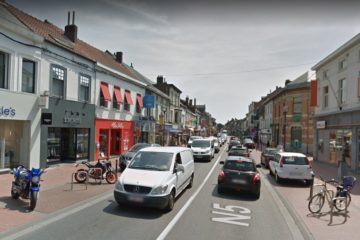
Our references in this theme
Development of impact assessment methods and technical support for policies and measures implemented within the framework of the Belgian federal climate policy
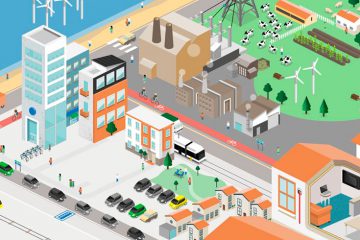
Energy balance of the Brussels-Capital Region: wood energy vector and construction and renovation projects sector
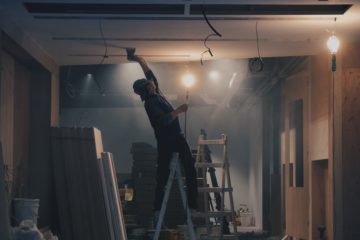
Expert mission to implement financial solutions for energy efficiency and renewable energy systems in the Brussels-Capital Region

Review of Poland reporting to the United Nations Framework Convention on Climate Change (UNFCCC)
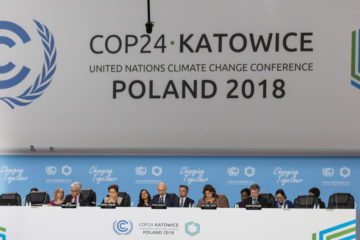
Technical support for decision-making in the context of implementing an energy/climate 2030 action plan
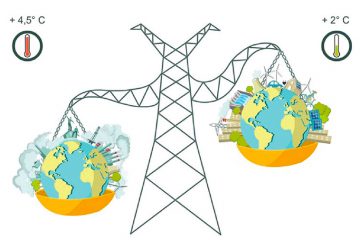
Our references in this theme
Coordination, facilitation and expertise for supporting circular construction sites in 2016
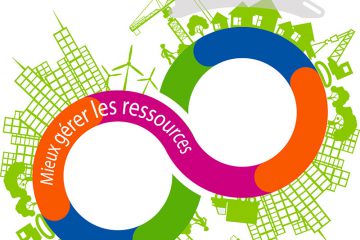
Expert mission to implement financial solutions for energy efficiency and renewable energy systems in the Brussels-Capital Region

Scientific support and guidance for the Energy Notification and Certification Procedure for existing residential buildings
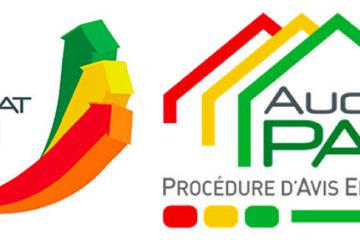
Transition towards sustainable chemistry: stakeholder dynamics and prospects for green chemistry in Belgium










